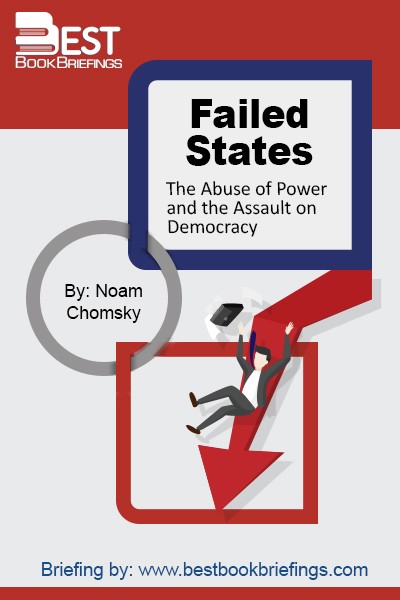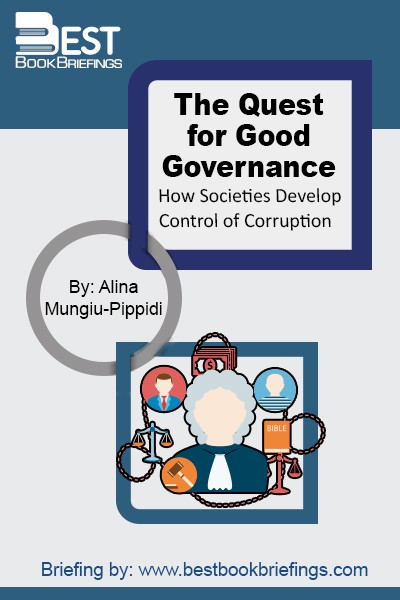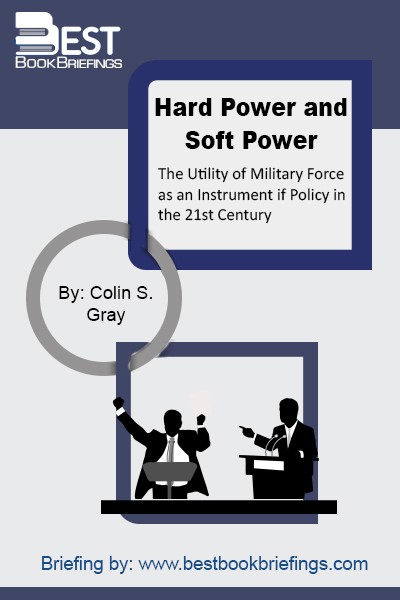Hard Power and Soft Power
The Utility of Military Force as an Instrument if Policy in the 21st Century
Number of pages: 70
Publisher: Strategic Studies Institute
BBB Library: Politics and Public Affairs
ISBN: 978-1257627240
Editorial Review
Soft power is much cheaper than the hard power of military force. All too often, military force seems to fail as an instrument of policy and, as a consequence, it invites the view that it is becoming obsolescent and even anachronistic. Dr. Colin Gray subjects hard and soft power to close critical scrutiny and finds that the latter is significantly misunderstood and, as a consequence, misassessed as a substitute for the threat or use of military force. Each kind of power has its limitations, but the obvious and familiar challenges characteristic of military force do not mean that therefore soft power should be our policy instrument of choice. The author warns against expecting too much of soft power.
Books on Related Topics

What good is a museum or heritage site in this city of gold, driven by development and aspiration, where history is for some just another word for outdated, while for others it is so deeply personal and familial that it has no place in the public realm?

The United States has repeatedly asserted its right to intervene militarily against failed states around the globe. In this much-anticipated follow-up to his international bestseller Hegemony or Survival, Noam Chomsky turns the tables, showing how the United States itself shares features with other failed states-suffering from a severe democratic deficit, eschewing

Why do some societies manage to control corruption so that it manifests itself only occasionally, while other societies remain systemically corrupt? This book is about how societies reach that point when integrity becomes the norm and corruption the exception in regard to how public affairs are run and public resources are



